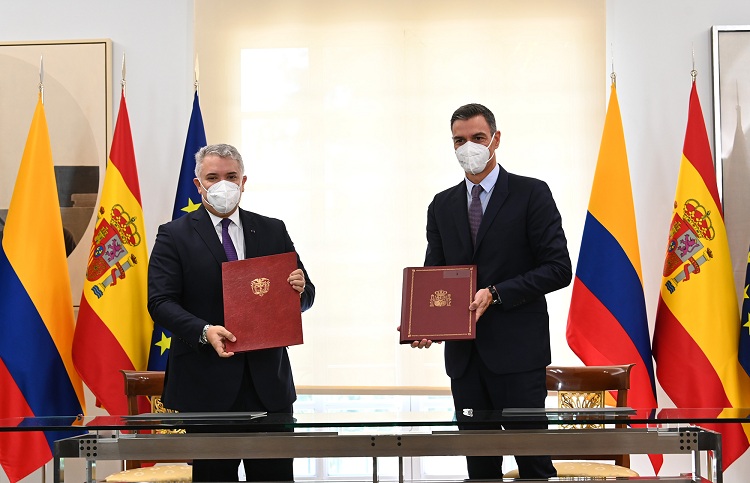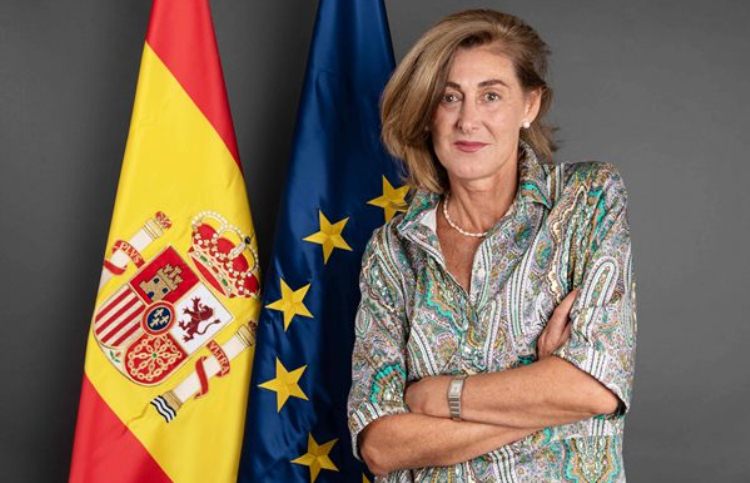The Diplomat
The Official State Gazette (BOE) published this week the details of the Spain-Colombia High Level Commission (CAN, by its acronym in spanish), agreed last September 16 during the official visit to Spain of the Colombian president, Iván Duque.
According to the Joint Declaration for the creation of a reinforced framework for political cooperation, signed at the Moncloa Palace by Iván Duque and the President of the Government, Pedro Sánchez, the CAN will be managed through the Ministry of Foreign Affairs of Colombia and the Ministry of Foreign Affairs of Spain and will be responsible for the coordination, monitoring and evaluation of the General Treaty of Cooperation and Friendship between Spain Colombia, signed on October 29, 1992.
“The creation of the CAN is due to the coincidence of interests and the excellent level of collaboration in various fields that exist between our two countries, which consider it convenient to strengthen, by this means, their ties of friendship and cooperation in order to promote mutually beneficial and complementary actions,” the text continues.
The CAN will be responsible for “studying and proposing to the respective governments the measures which, in its opinion, are pertinent to develop Spanish-Colombian relations in all fields, especially in the political, economic and commercial, scientific-technological, educational and cultural, legal and consular fields”, it adds.
The CAN will be chaired by the Ministers of Foreign Affairs of both countries, with the support of the Colombian Deputy Minister of Foreign Affairs and the Spanish Secretary of State for Ibero-America and the Caribbean and Spanish in the World, who will “ensure the functioning and coordination” of the Commission.
The CAN will meet in either country as often as required by matters of common interest. In any case, “it shall meet ordinarily at least once every two years and extraordinarily at any time, when the presidents of the CAN deem it appropriate,” and shall hold its sessions “alternately in each State,” continues the text published by the BOE, which leaves open the possibility of “establishing virtual sessions or in hybrid format.







